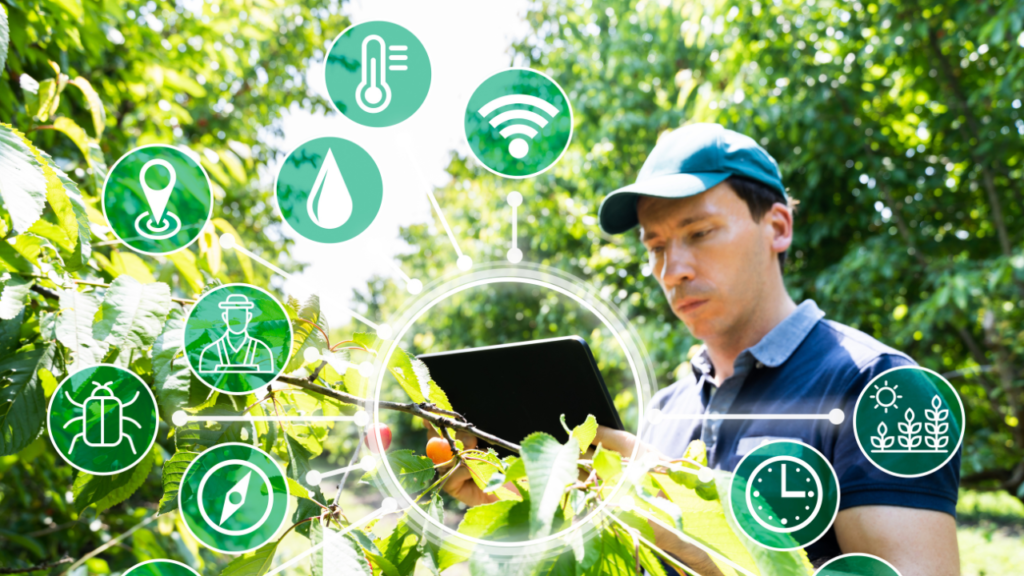Electroculture gardening, the practice of using electrical currents or fields to stimulate plant growth, is an intriguing concept that has garnered renewed interest in recent years. While the idea dates back centuries, modern research and anecdotal evidence suggest there may be some merit to this unconventional approach. However, the scientific community remains divided on its effectiveness and underlying mechanisms.
Potential Benefits of Electroculture Gardening
Proponents of electroculture gardening claim several potential benefits, including:
Increased Crop Yields

Some studies have reported higher yields, faster germination rates, and more robust plant growth when plants are exposed to electrical stimulation. For example, a recent study in Nature Food found that applying an electric field to pea plants using a wind and rain-powered device increased their yield by nearly 20%.
Improved Nutrient Uptake
Electrical currents or fields are believed to enhance the absorption of nutrients and minerals from the soil, leading to healthier and more vigorous plant growth. This improved uptake can result in more robust plants and potentially higher-quality produce.
Pest and Disease Resistance
Some gardeners claim that electroculture methods can disrupt the communication systems of certain pests, deterring them from attacking plants. However, scientific evidence for this is limited, and more research is needed to substantiate these claims.
Reduced Reliance on Chemicals
Electroculture gardening could reduce the need for synthetic fertilizers and pesticides by potentially improving nutrient uptake and plant vigor. This makes it a more sustainable and environmentally friendly approach, aligning with organic and regenerative agriculture principles.
Skepticism and Lack of Scientific Consensus

Despite these claimed benefits, many experts remain skeptical about electroculture gardening due to the lack of robust scientific evidence and a clear understanding of the underlying mechanisms. Some of the main concerns include:
Anecdotal Evidence
Much of the support for electroculture gardening comes from anecdotal reports and personal experiences, which can be subjective and unreliable. Rigorous, peer-reviewed studies are still limited, making it difficult to draw definitive conclusions.
Methodological Flaws
A 2018 systematic review found that many studies on electroculture gardening suffered from methodological flaws, casting doubt on their results. Issues such as small sample sizes, lack of control groups, and inconsistent methodologies undermine the credibility of these studies.
Lack of Mechanistic Understanding
Critics argue that there is no clear explanation for how electrical currents or fields could physically aid plant growth, nutrient uptake, or pest resistance at the cellular or molecular level. This lack of mechanistic understanding makes it challenging to validate the claimed benefits scientifically.
Limited Adoption
Despite its long history, electroculture gardening has not gained widespread acceptance or adoption in mainstream agriculture or horticulture. This suggests that its benefits may be overstated or inconsistent, and that more reliable and scalable methods are preferred by practitioners.

The Way Forward
While the jury is still out on the effectiveness of electroculture gardening, the potential benefits have sparked renewed interest and research efforts. Scientists are exploring various electrical interventions, such as artificial lightning, cold plasma, and plant wearable technology, better to understand the interaction between electricity and plant biology.
Future Research Directions
As research continues, it is essential to approach electroculture gardening with a critical and scientific mindset. Rigorous, well-designed studies are needed to validate its claims and elucidate the underlying mechanisms. Electroculture gardening could potentially contribute to more sustainable and productive agricultural practices if proven effective.
Practical Considerations for Home Gardeners
Home gardeners interested in experimenting with electroculture gardening should approach it as a complementary practice rather than a standalone solution. Continue following good gardening practices and use electroculture as an additional tool. While the potential benefits are intriguing, it is crucial to maintain realistic expectations and rely on established methods until more conclusive evidence emerges.
Electroculture gardening is a fascinating concept that has captured the imagination of gardeners and researchers alike. While its effectiveness remains debated, ongoing research efforts may uncover new insights into the intricate relationship between electricity and plant growth, potentially leading to innovative solutions for sustainable agriculture. Whether you are a seasoned gardener or a curious experimenter, the exploration of electroculture gardening offers an exciting glimpse into the future of horticulture and agricultural practices. If you are a beginner gardener, this post will be helpful to you.

